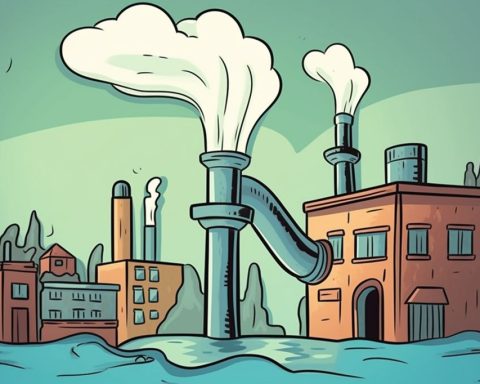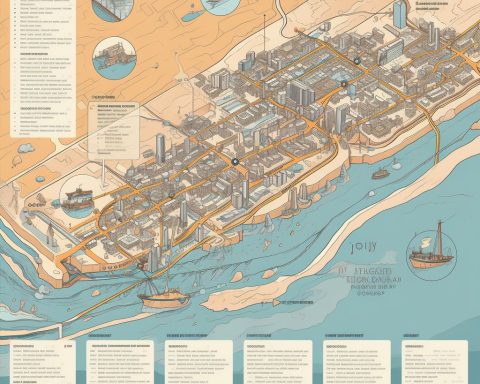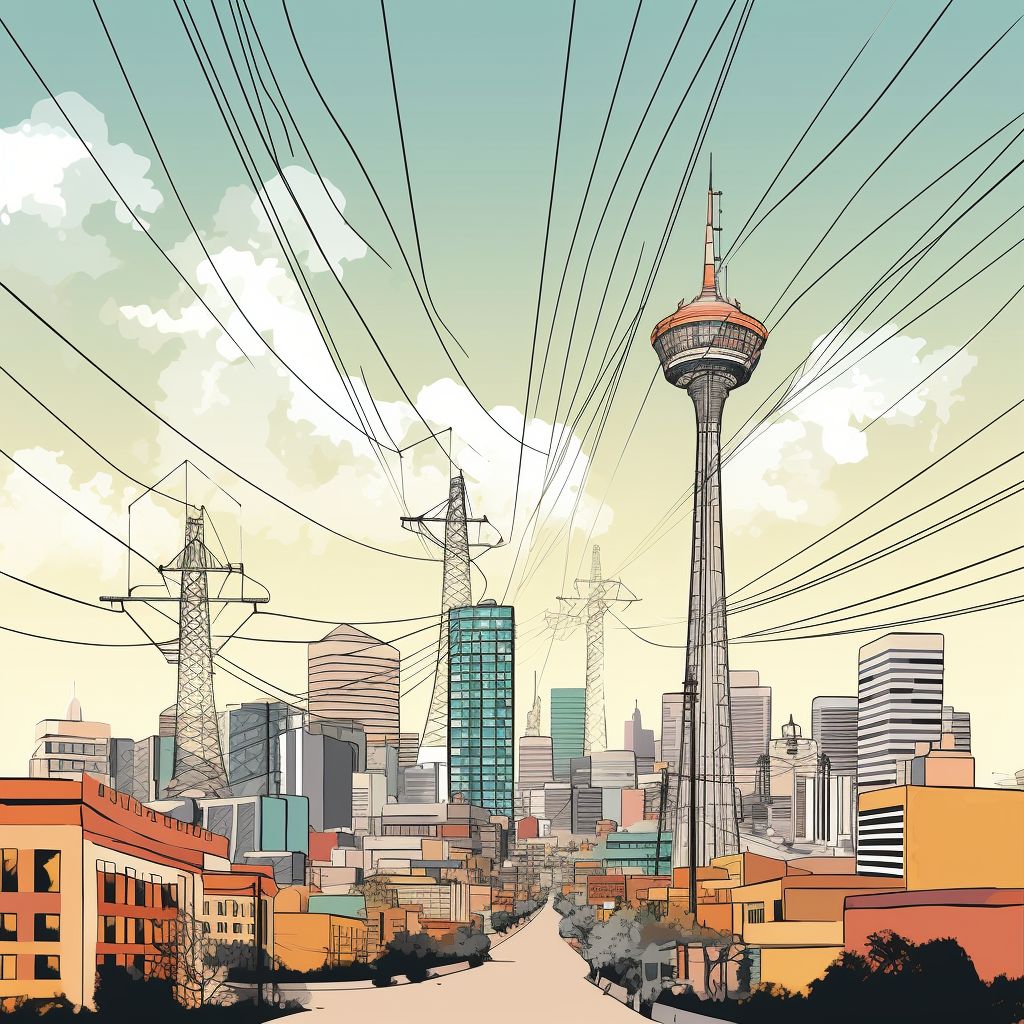The recent cholera outbreaks in Hammanskraal, Tshwane, and Parys, Ngwathe Local Municipality, Free State, have raised concerns about water quality in South Africa. The Department of Water and Sanitation (DWS) is working with the Department of Health and relevant municipalities to conduct water quality tests and trace infections. In this article, we explore the measures being taken to ensure safe drinking water in affected areas and across the country.
Investigating the Source of Cholera Outbreaks
Technical teams from the DWS, Department of Health and relevant municipalities are currently investigating the source of cholera outbreaks in South Africa. While polluted water is a common cause of cholera, the disease can also spread due to poor hygiene, contaminated food, or direct contact with an infected person.
Polluted Water Sources in Hammanskraal
The origins of the cholera outbreak in Hammanskraal are likely to be linked to the polluted water sources in the area. The Rooiwal Waste Water Treatment Works has not been properly maintained for years, resulting in the pollution of the Apies River that flows into the Leeukraal Dam. The City’s Temba Water Treatment Works is responsible for cleaning the water from the dam for human consumption, but the water is so polluted that it fails to meet the required standards for drinking water. As a result, the City of Tshwane is using water tankers to supply drinking water to Hammanskraal residents.
Municipal Wastewater Treatment Systems
The 2022 Green Drop report highlights the deteriorating state of many municipal wastewater treatment systems across the country. This has led to the pollution of rivers and dams, which communities rely on for their water supply. To ensure water quality standards are met, municipalities and water boards are required to conduct regular tests on treated water supplied to households in accordance with the South African National Standard (SANS) 241.
Monitoring Drinking Water Quality
As the national regulator of the water sector, the DWS periodically monitors drinking water quality by collecting samples from Water Treatment Works (WTW) for analysis. If tests reveal that drinking water does not meet the required standards, the relevant municipality is instructed to issue an advisory notice warning residents to disinfect their water through boiling or bleaching before consumption.
Safe Drinking Water Guidelines
The DWS advises the public to avoid consuming untreated water sourced from rivers, dams, and streams unless it is first disinfected. The National Institute for Communicable Diseases has issued guidelines for safe drinking water.
Water Quality Tests in Ngwathe Local Municipality
In Ngwathe Local Municipality, where reports of cholera-contaminated drinking water have surfaced, the DWS has conducted water quality tests and confirmed that treated water from taps in the area complies with SANS 241 quality requirements and is safe for human consumption.
Staying Informed About Water Quality and Safety
The DWS is finalizing the 2023 Blue Drop Report, which will provide detailed information on the state of drinking water services in all municipalities across the country. In the meantime, it is crucial for the public to remain informed and vigilant about water quality and safety amid the ongoing cholera outbreaks.












